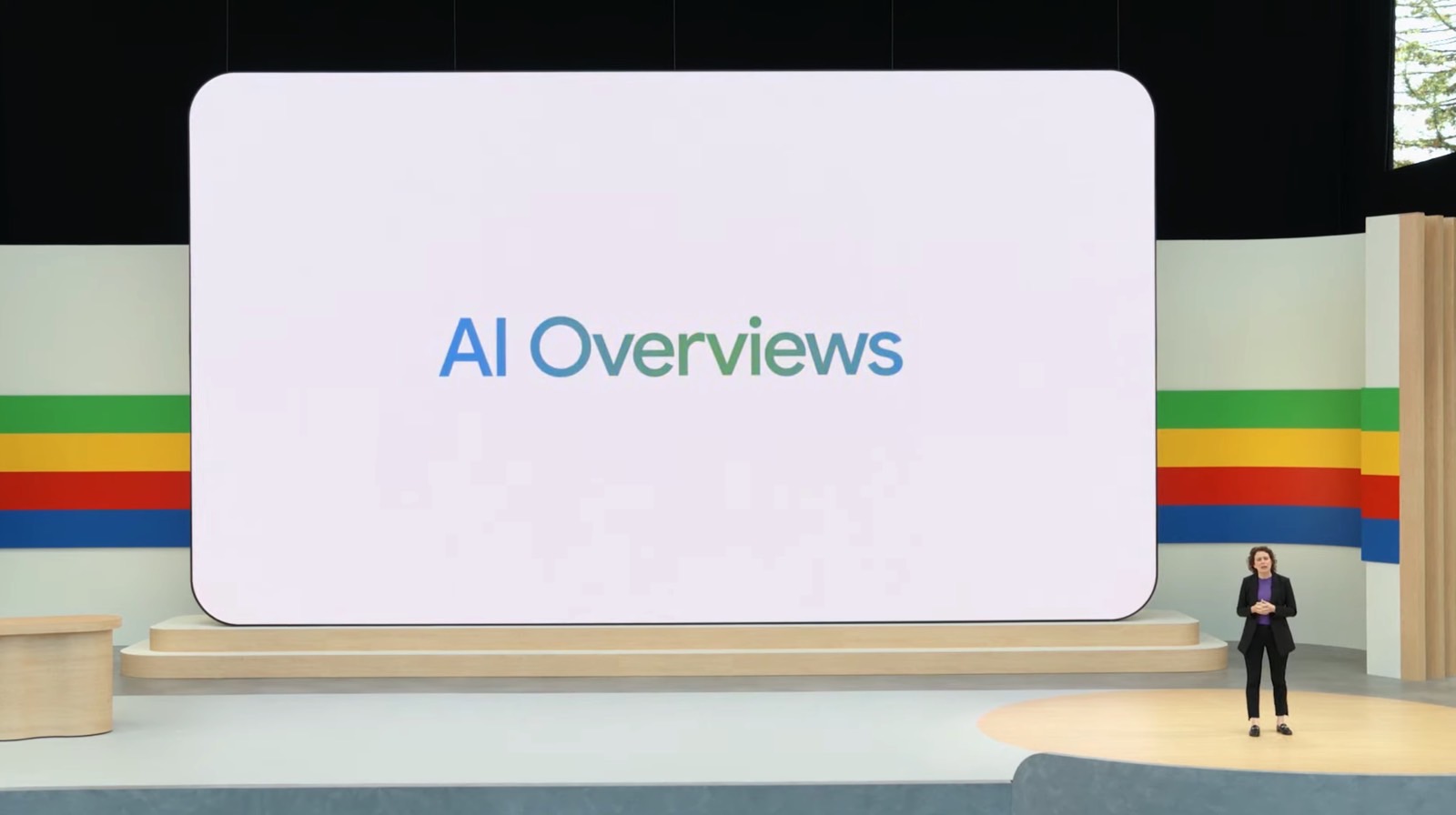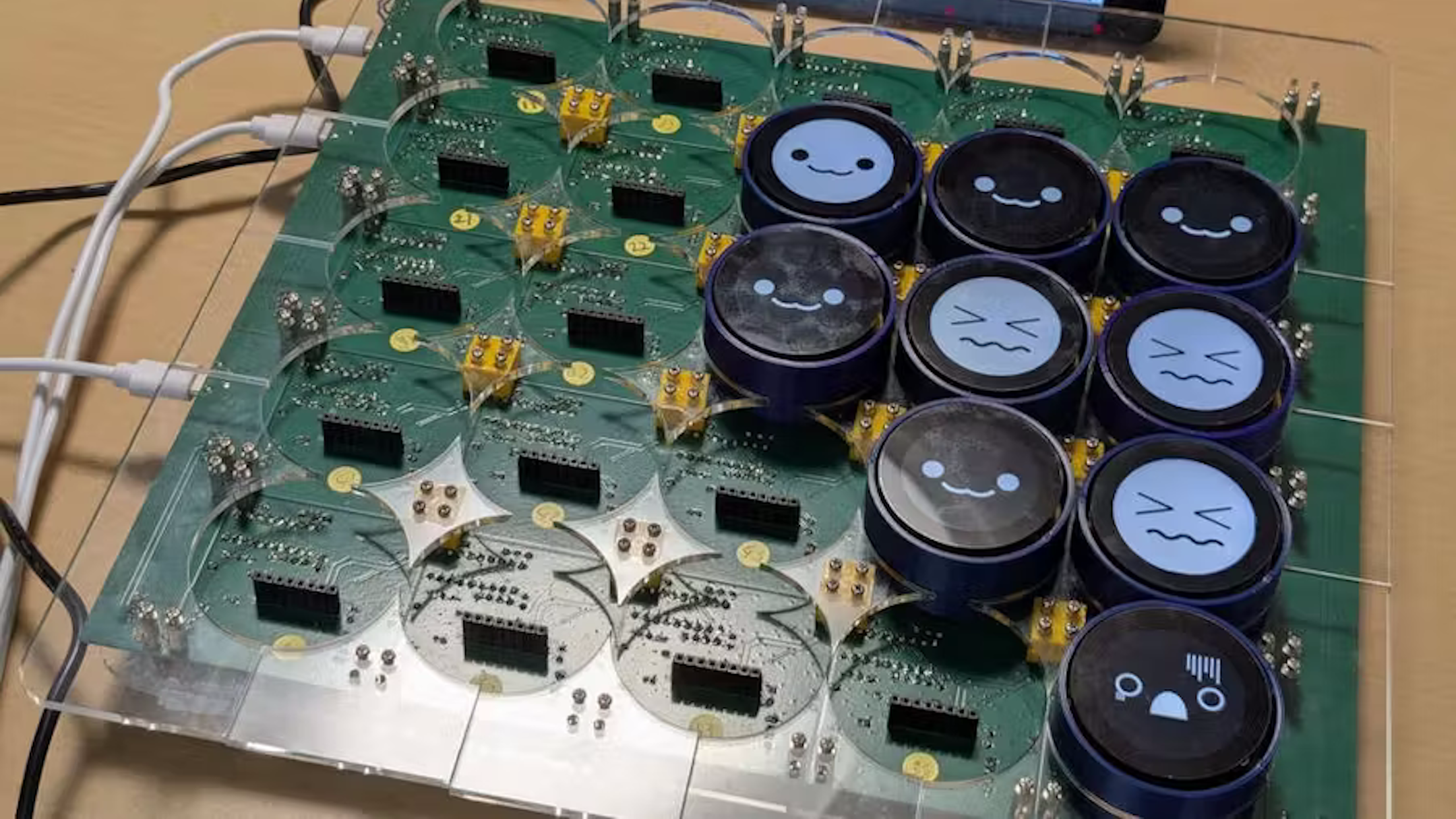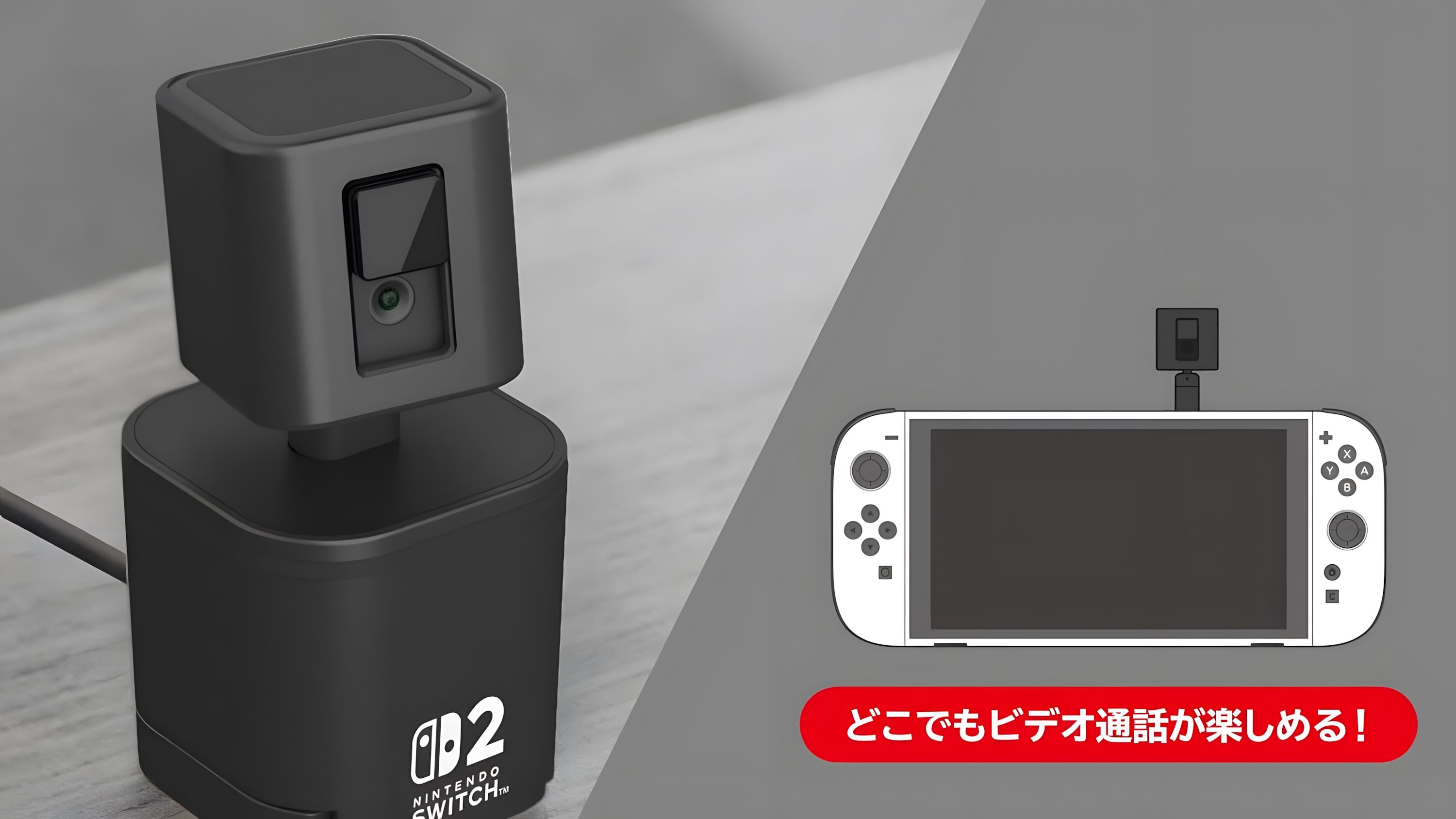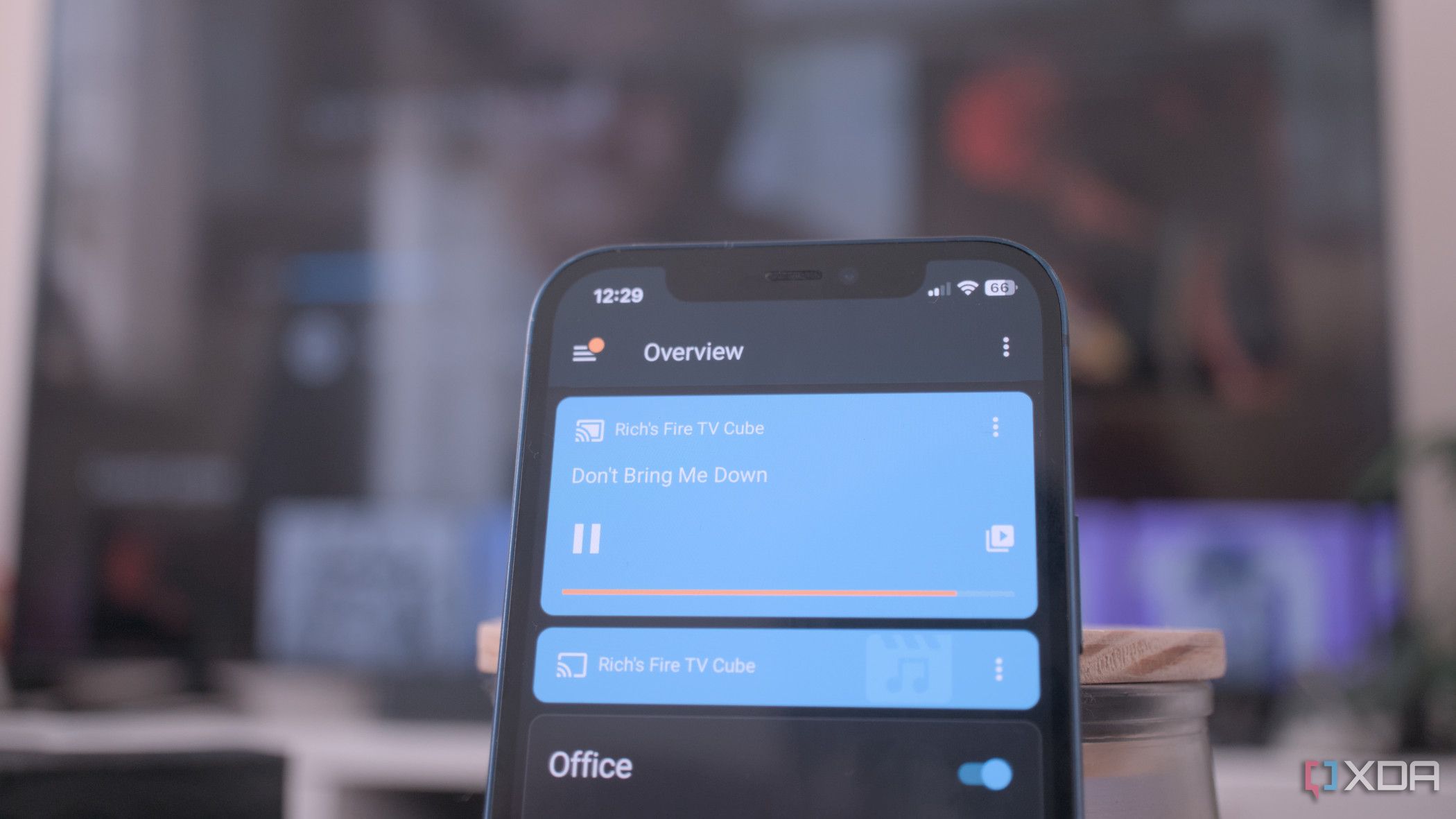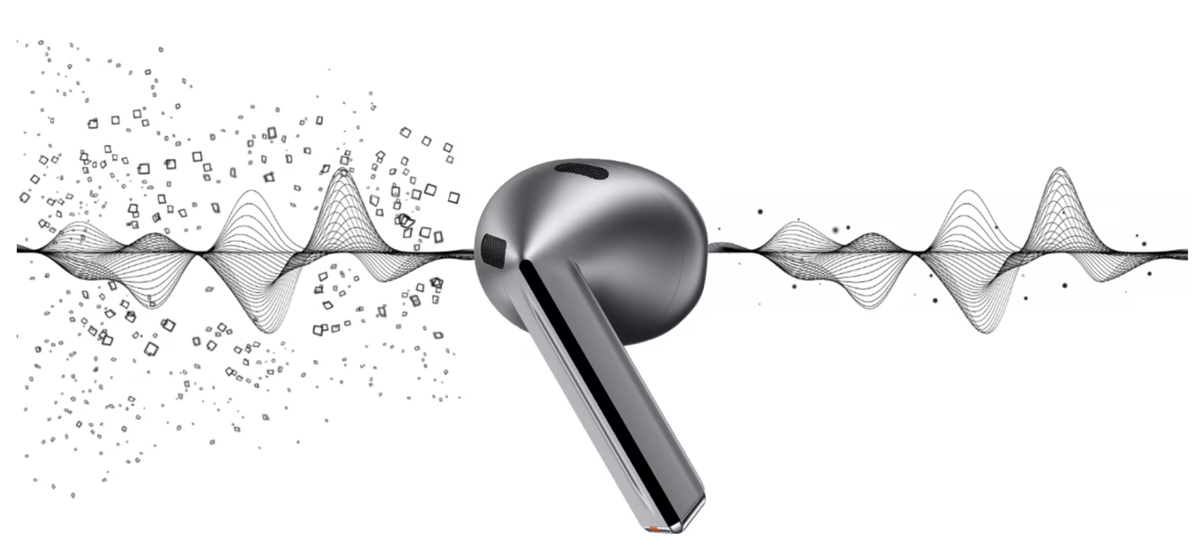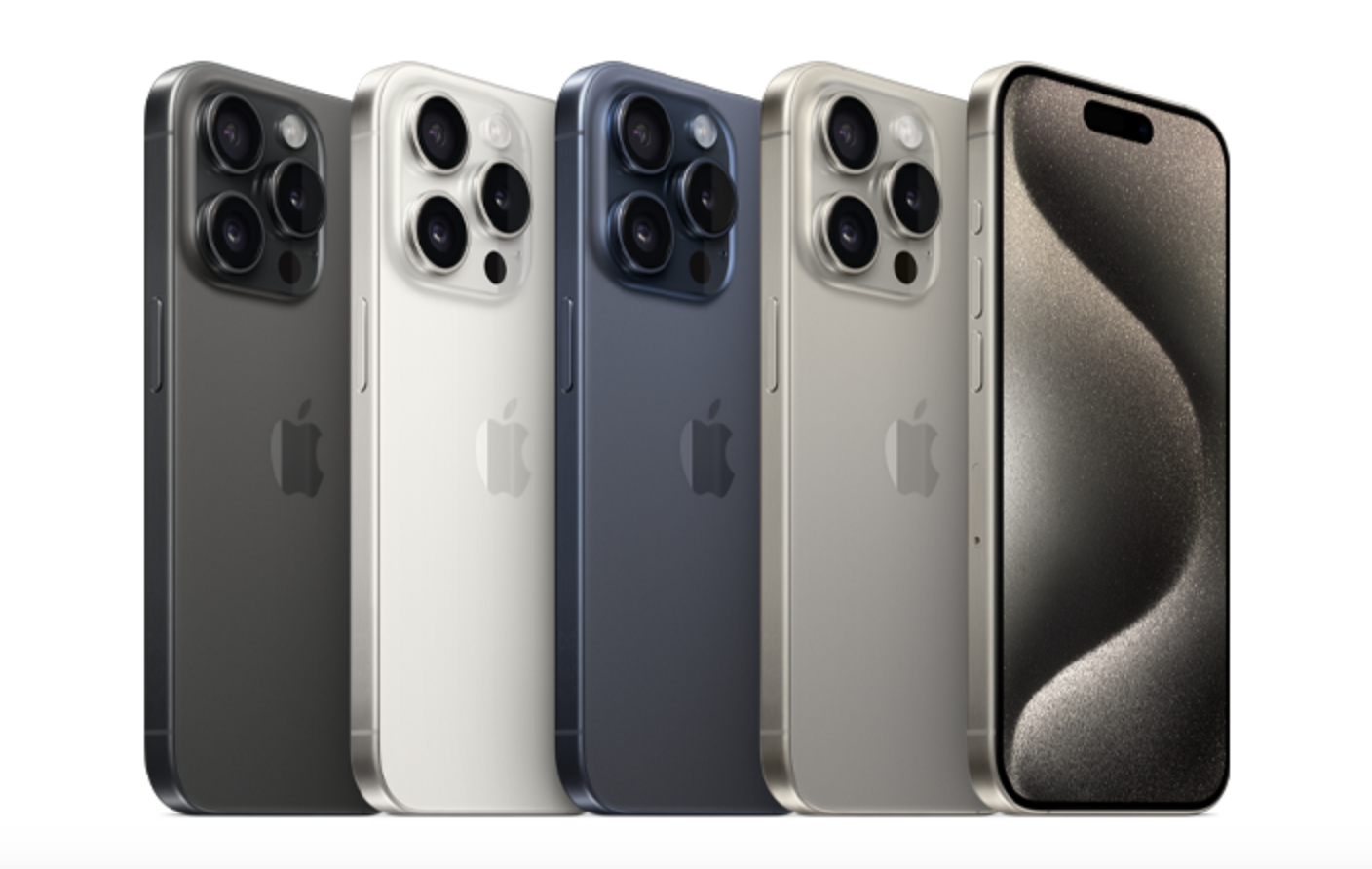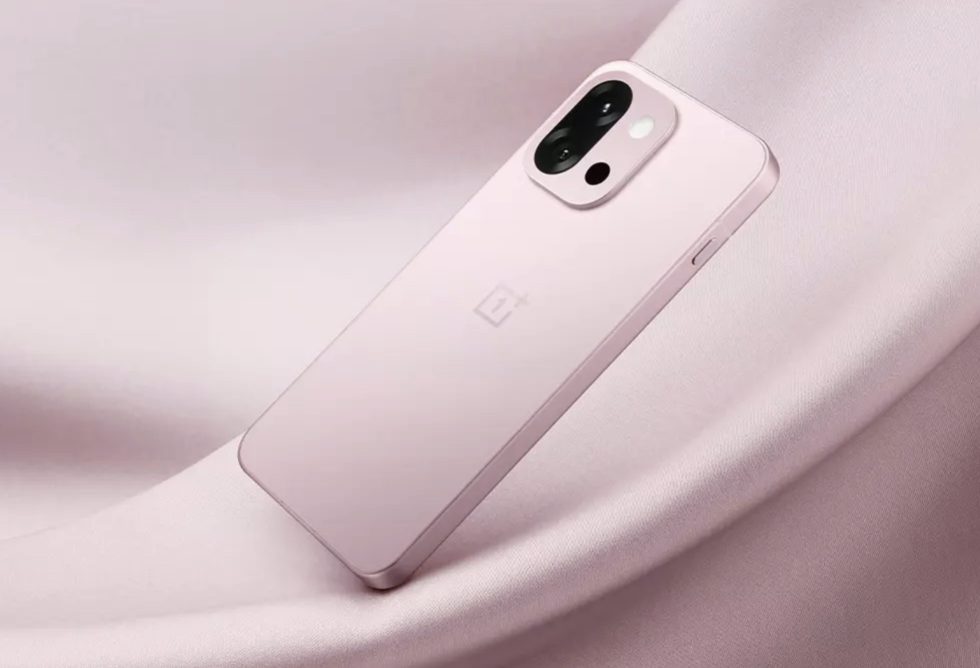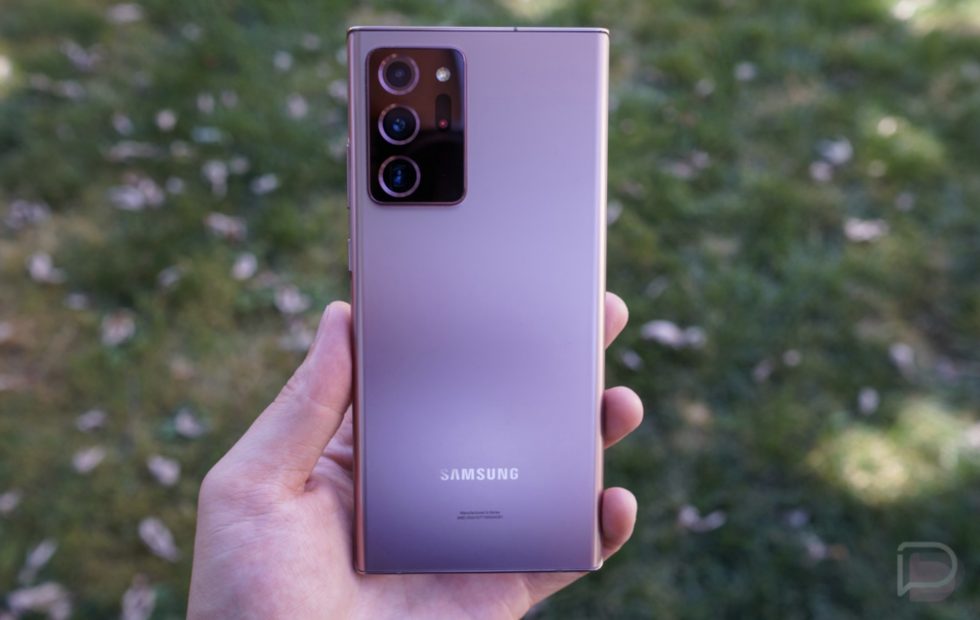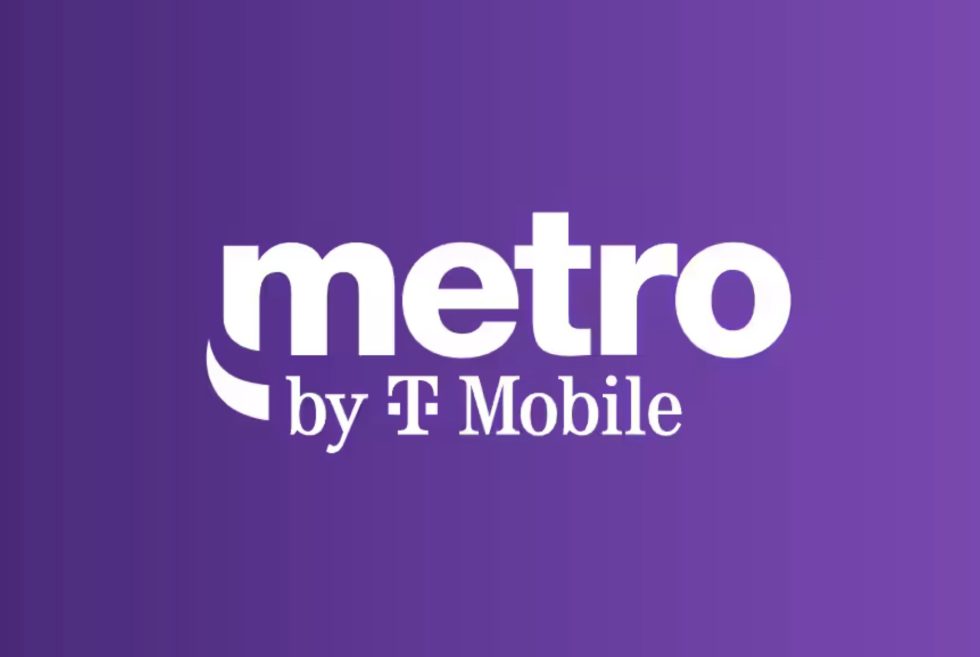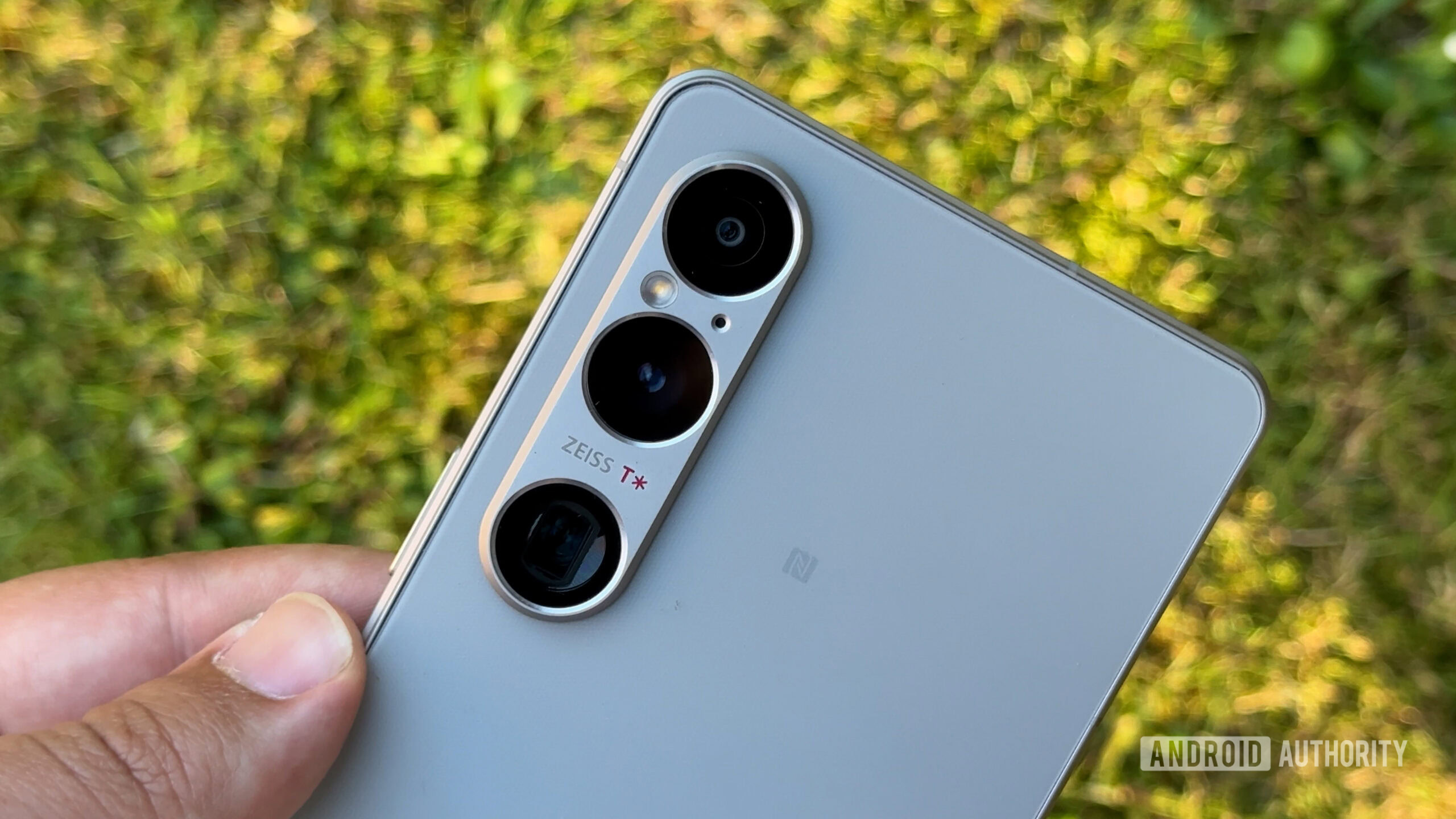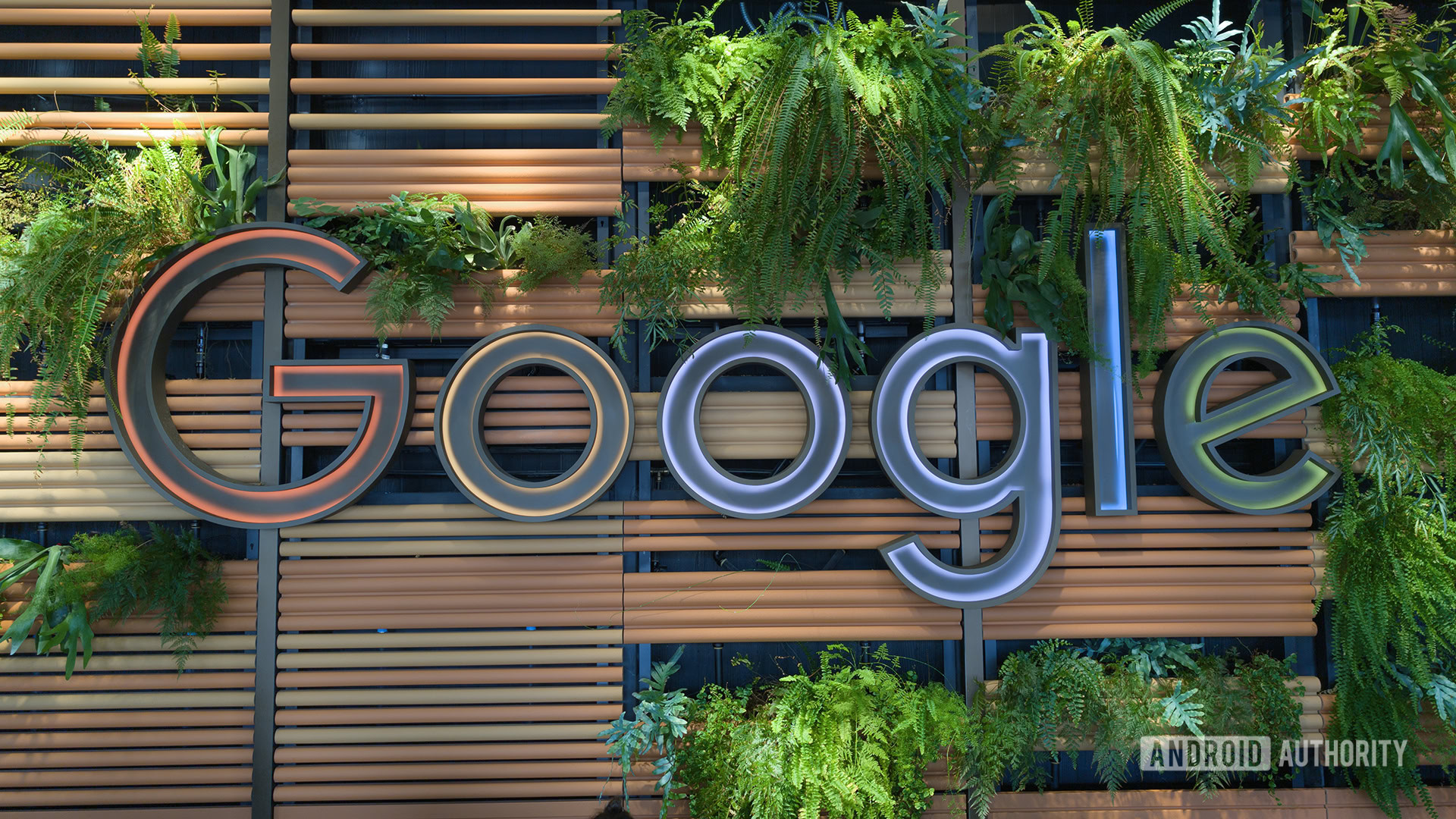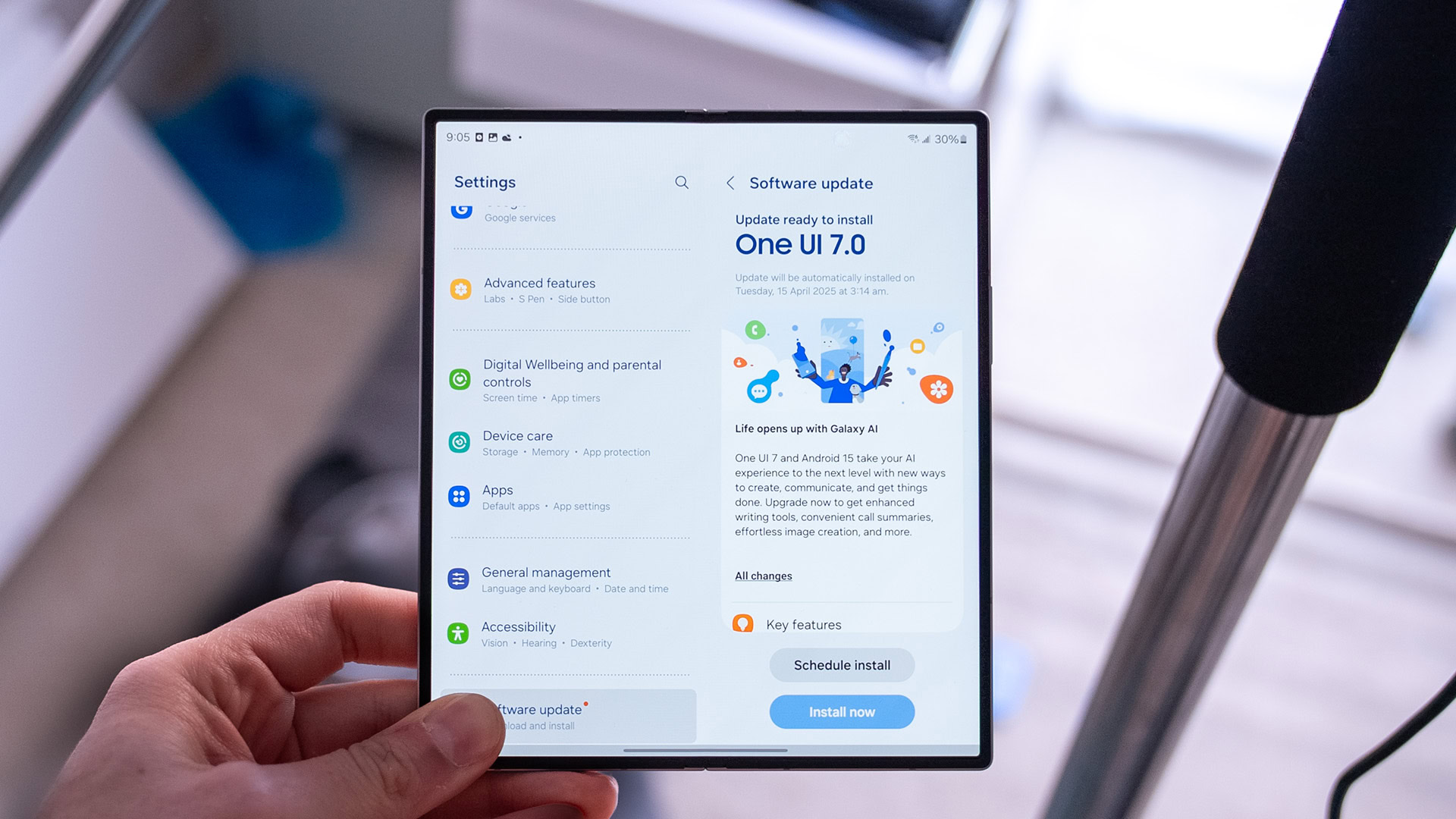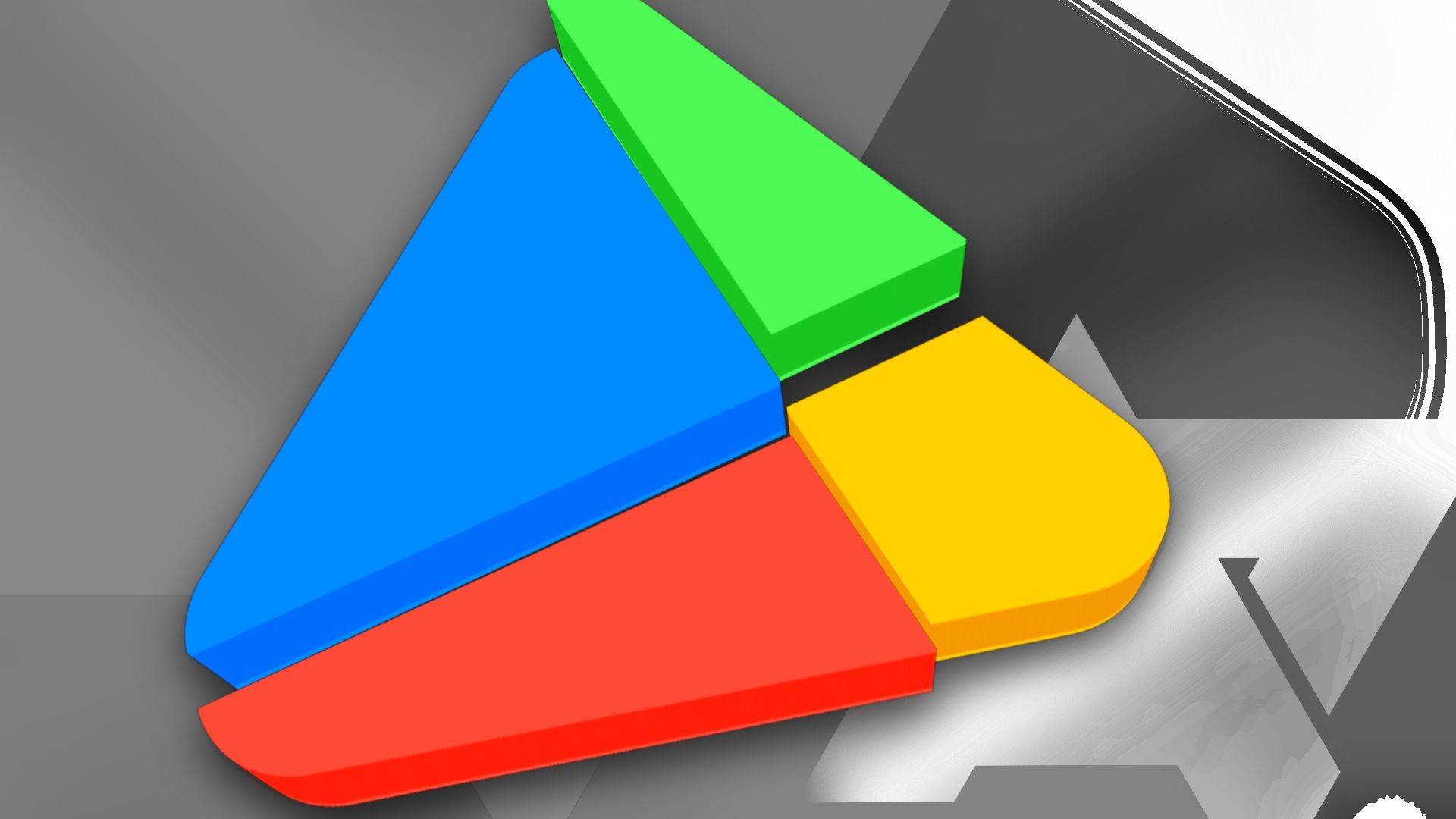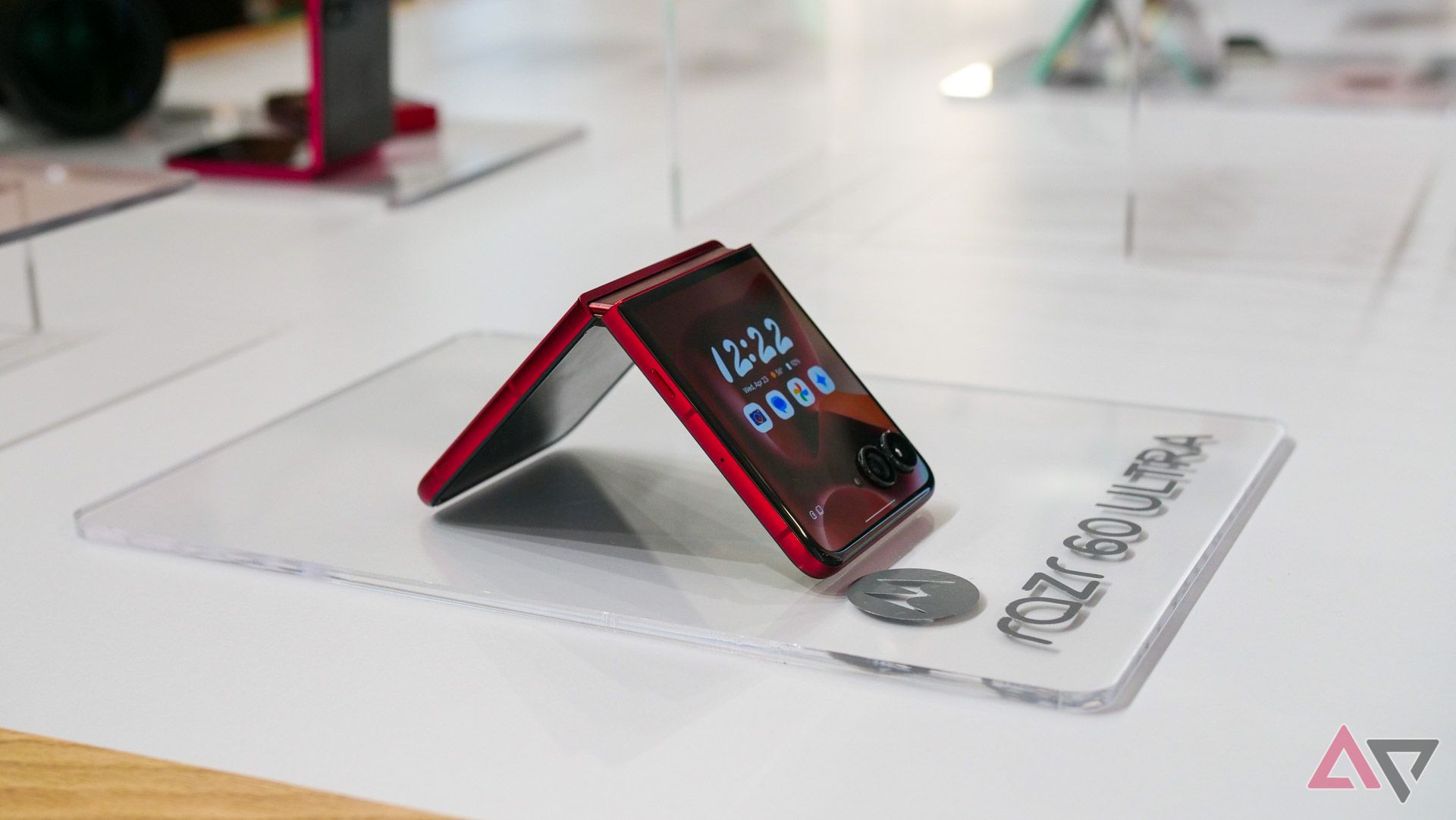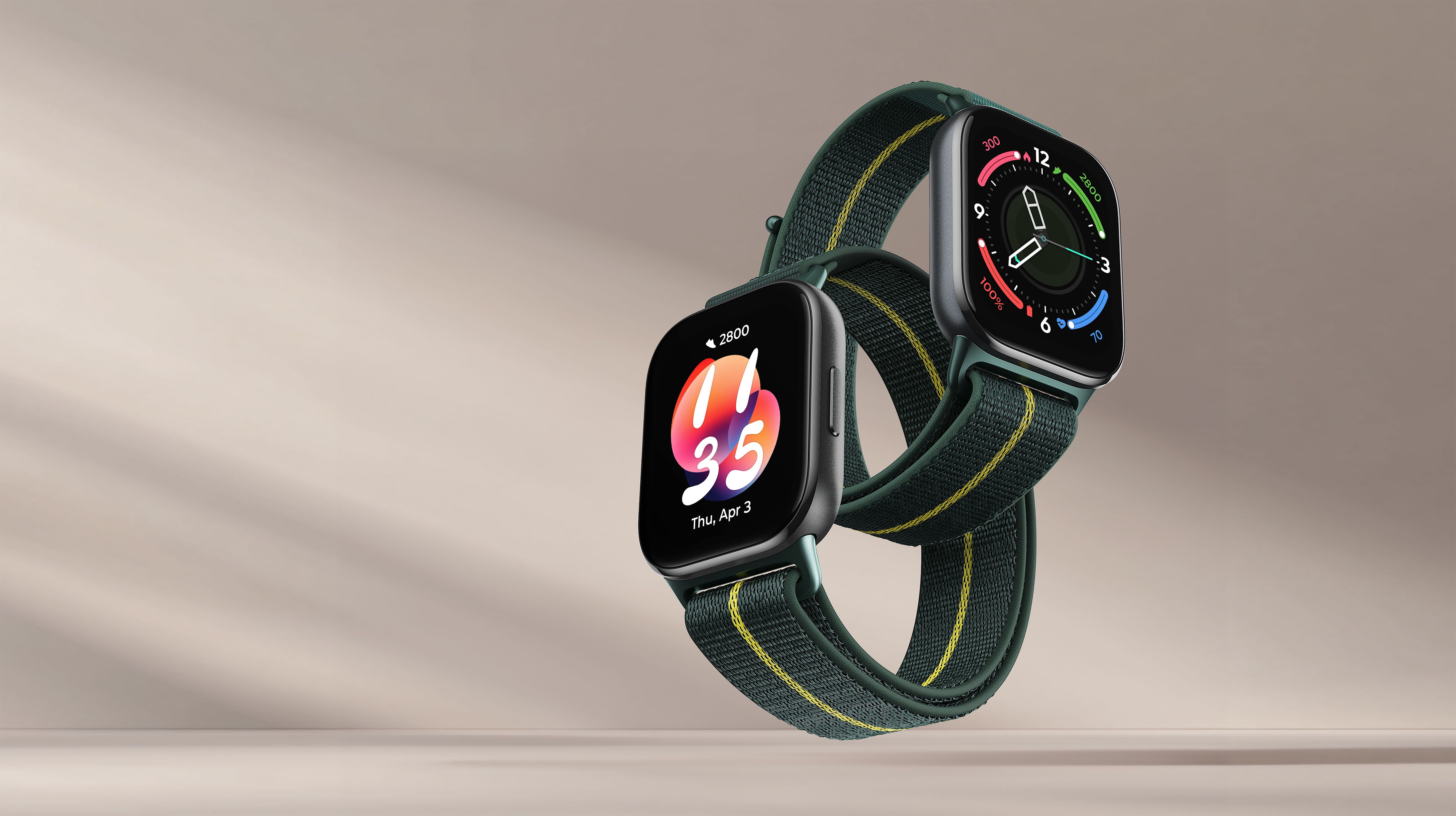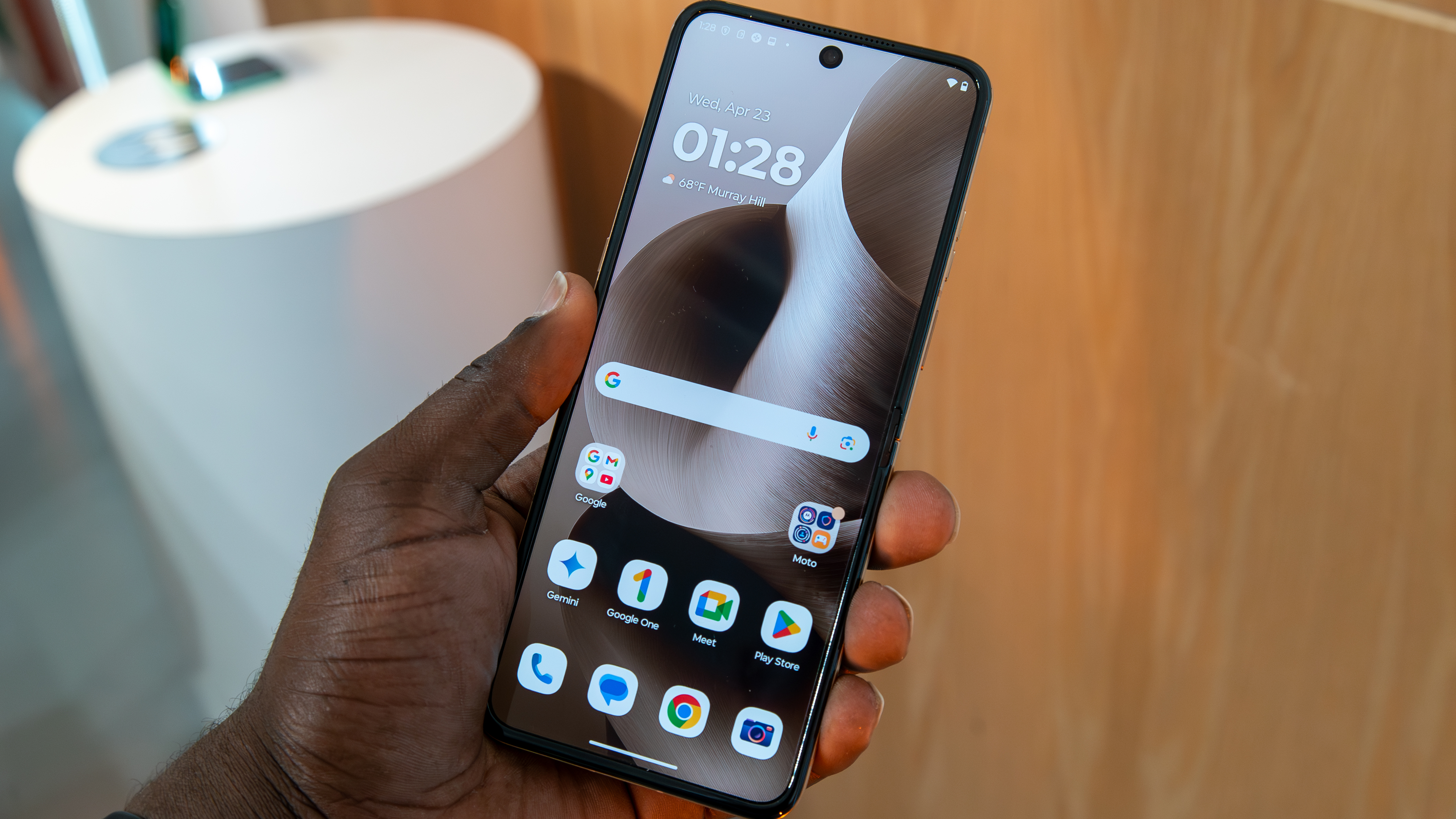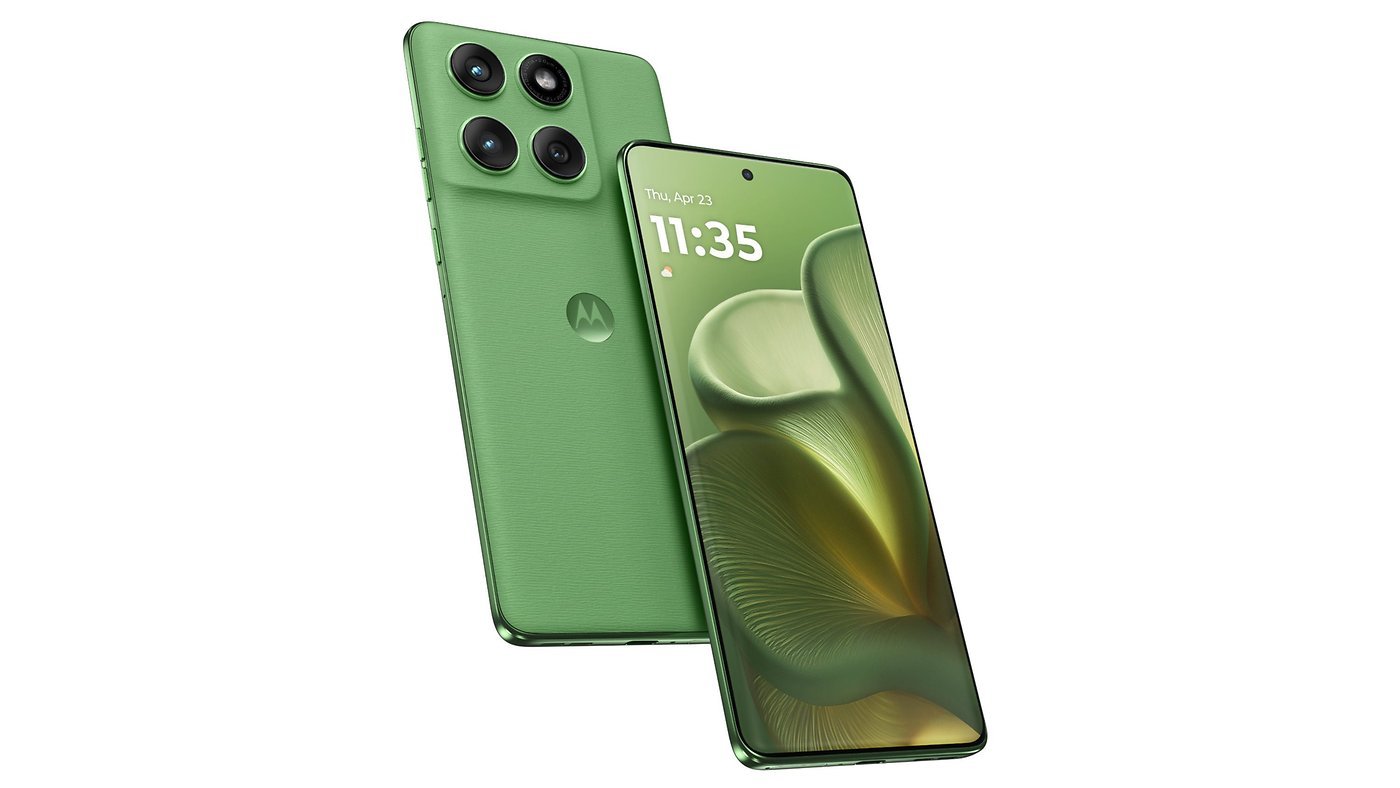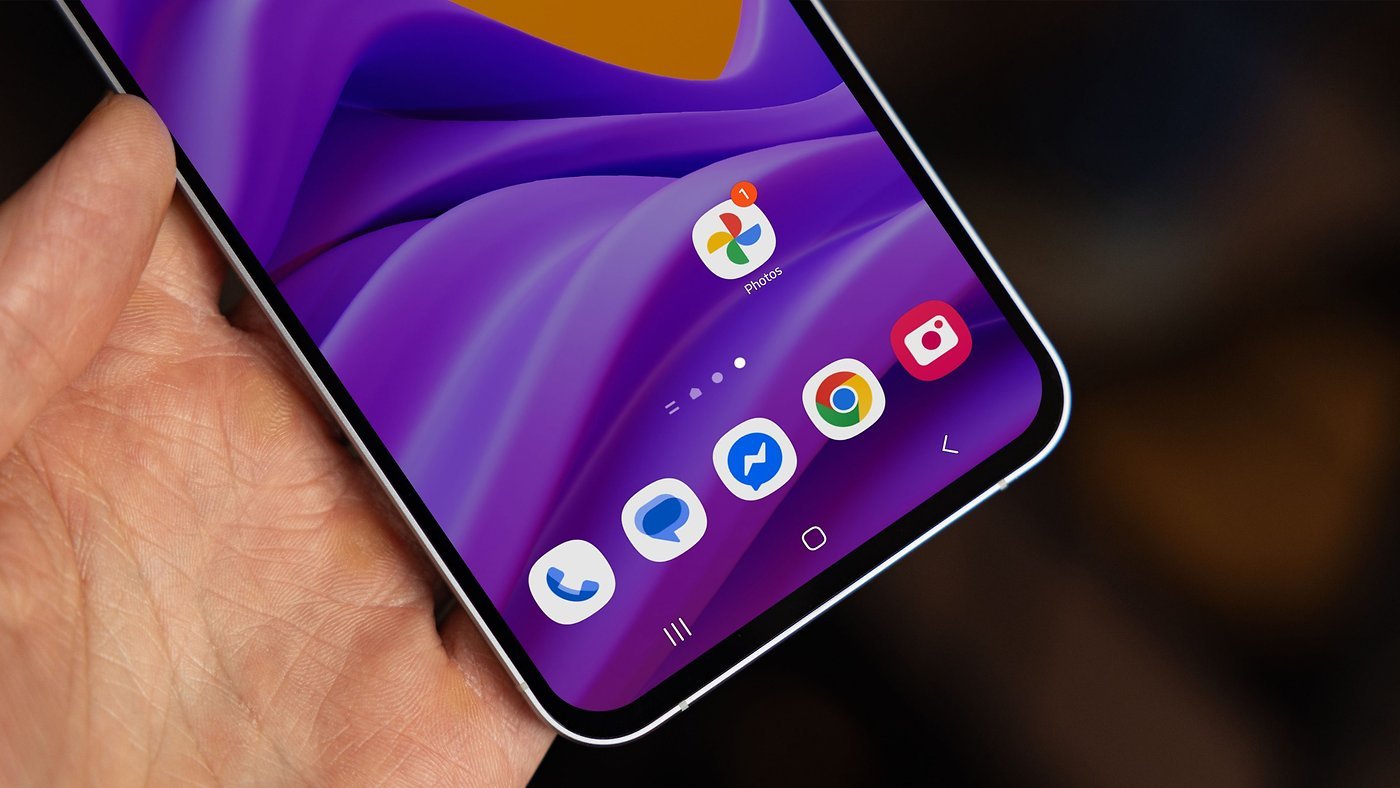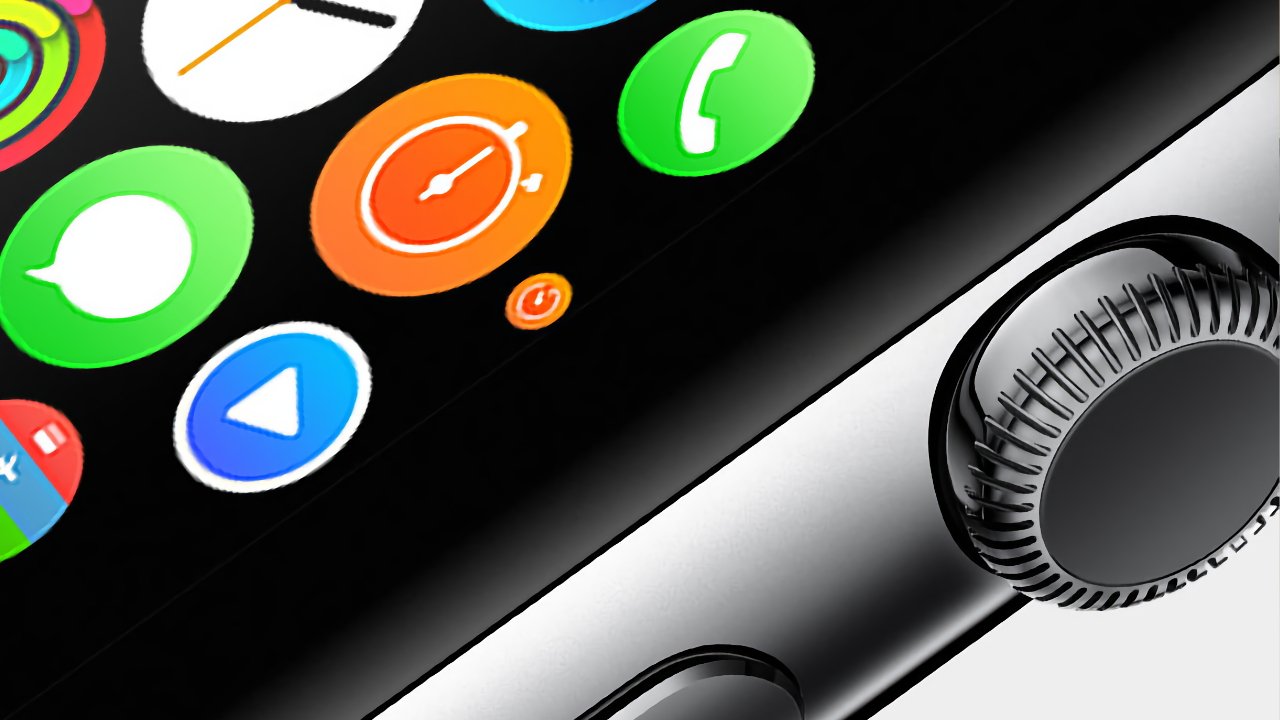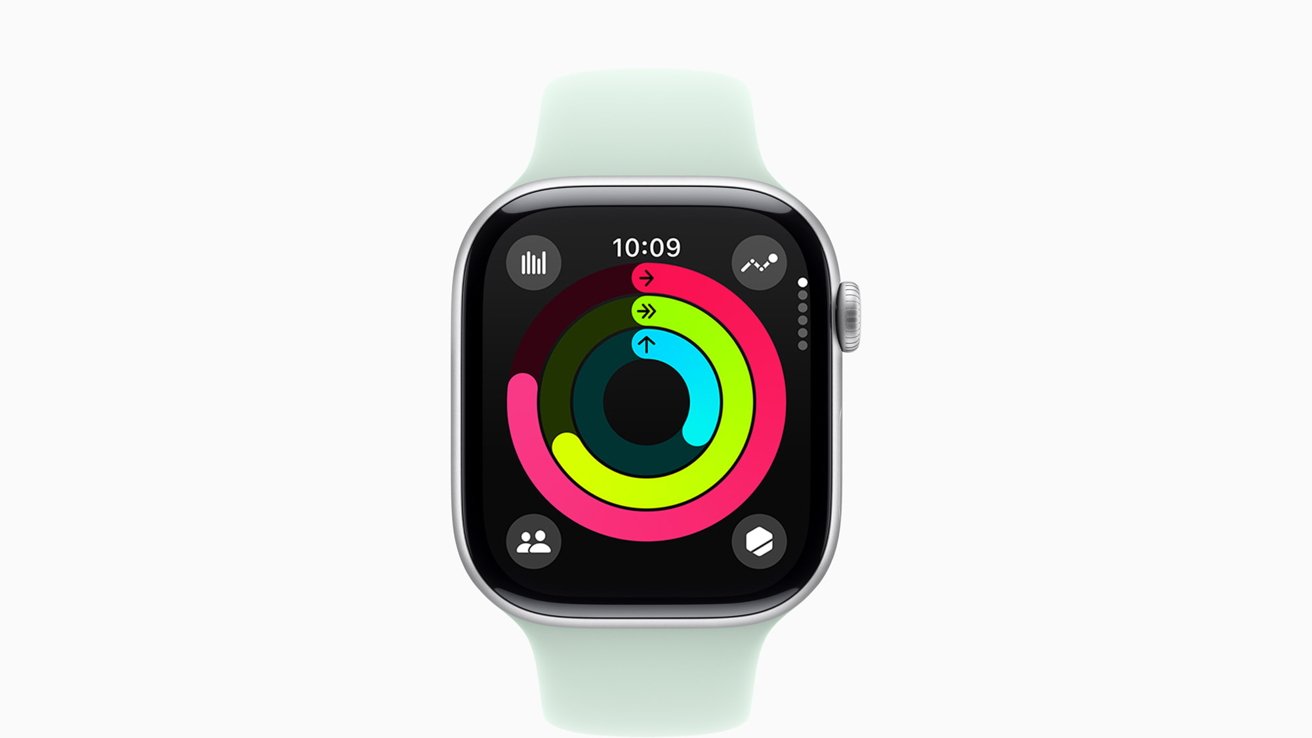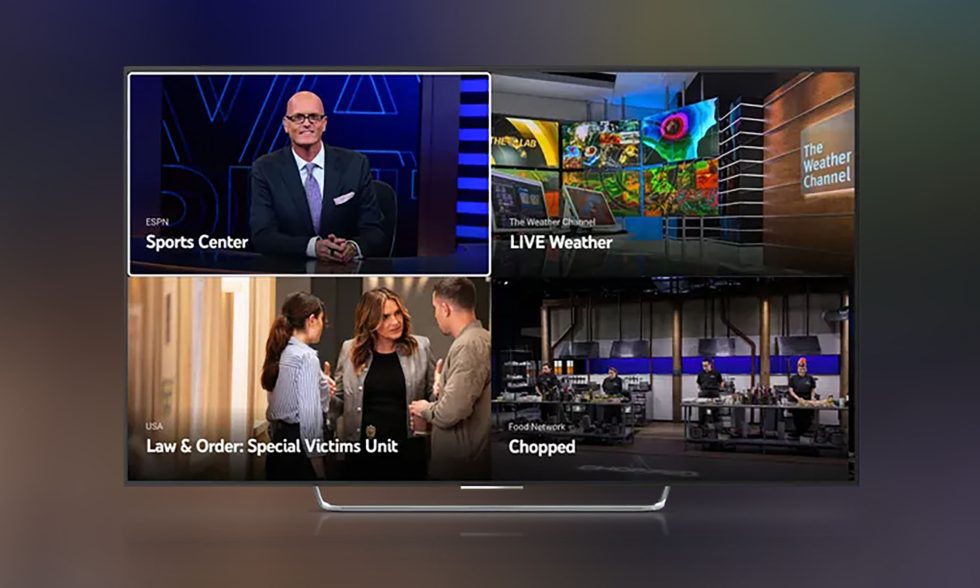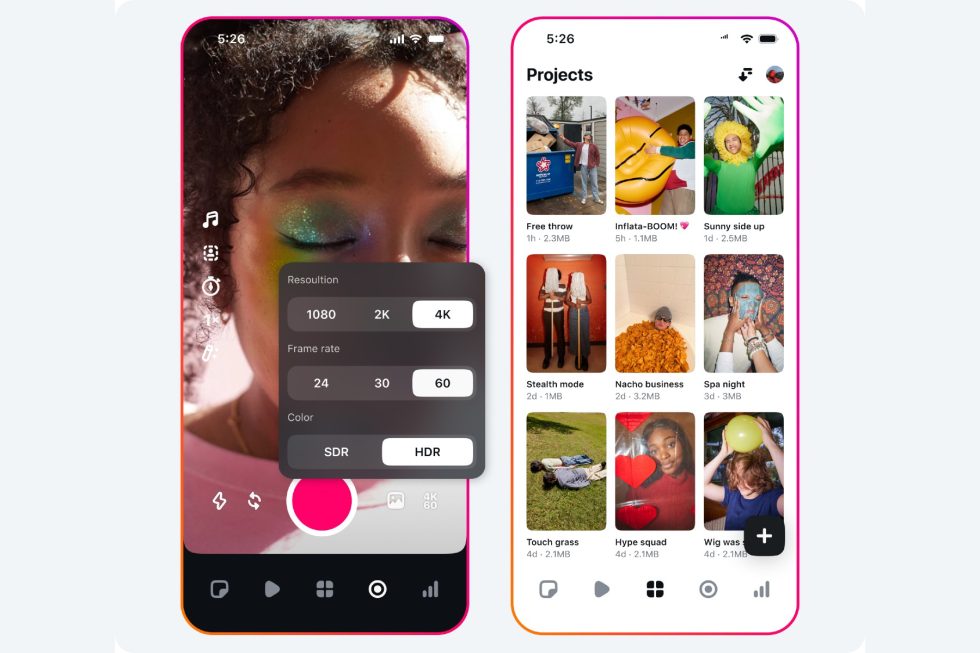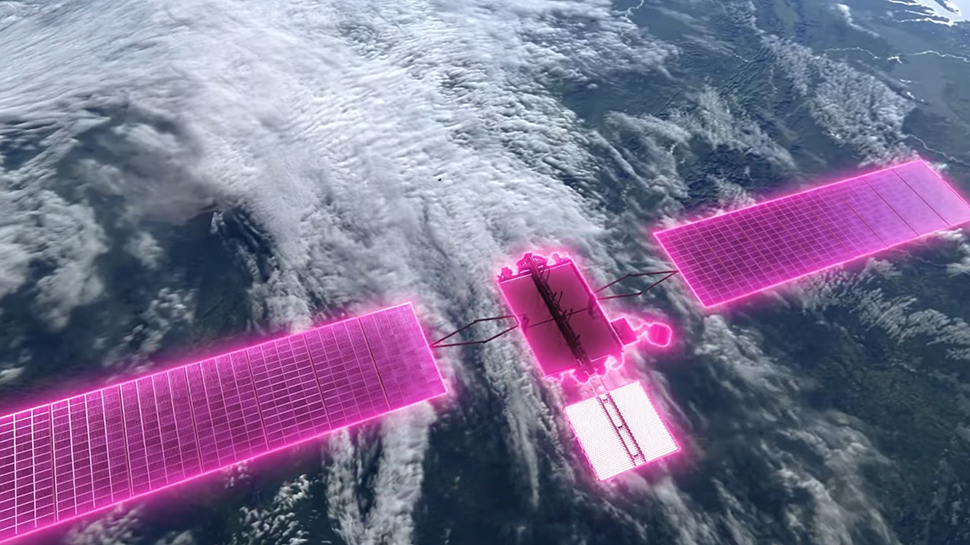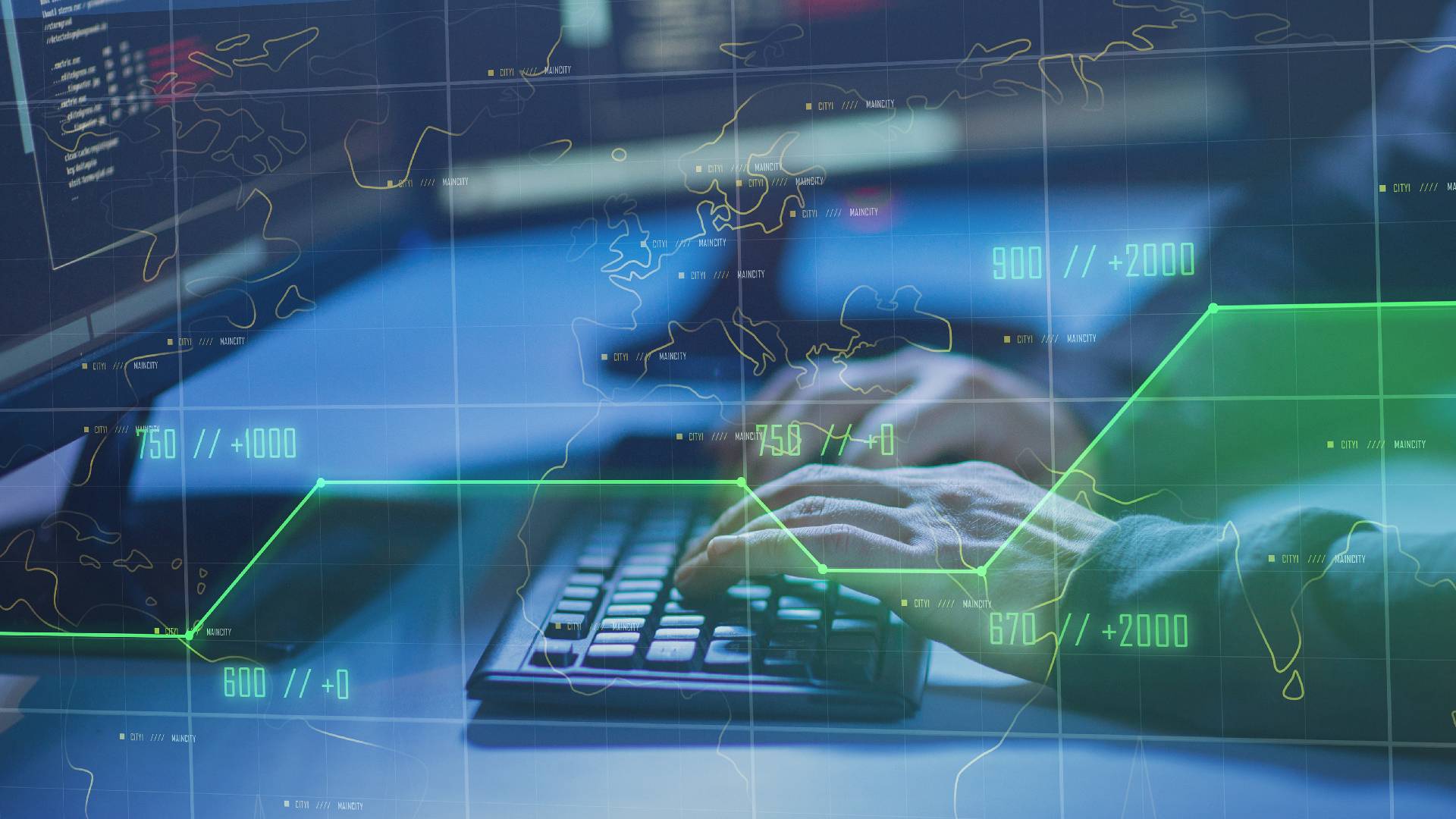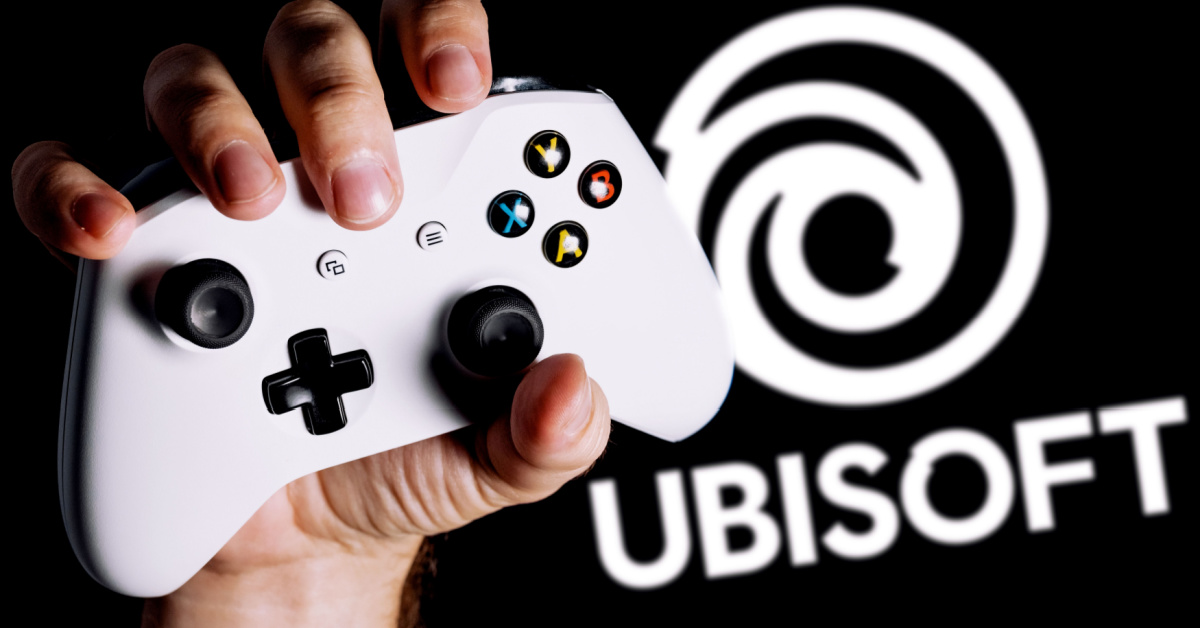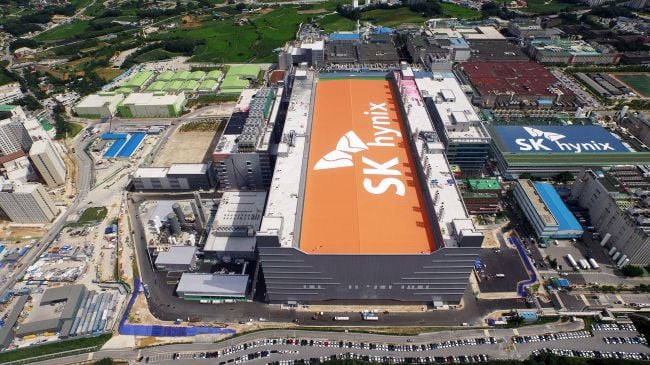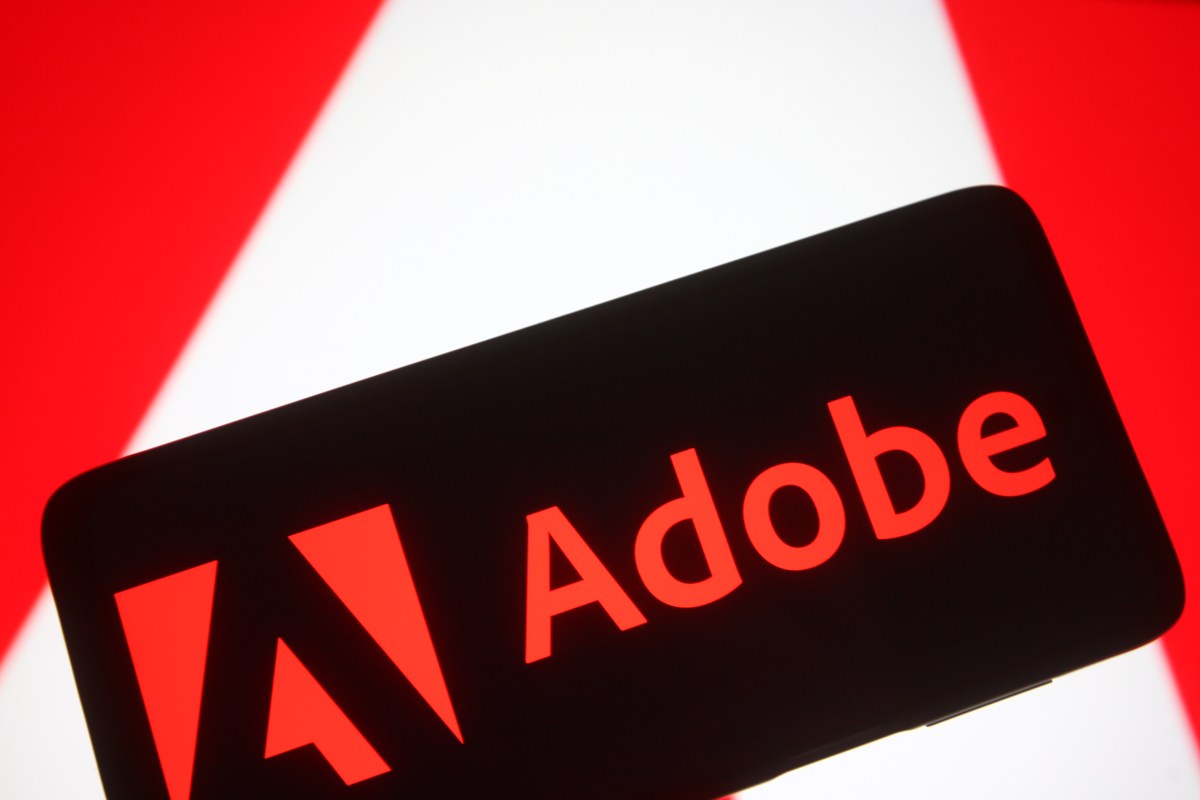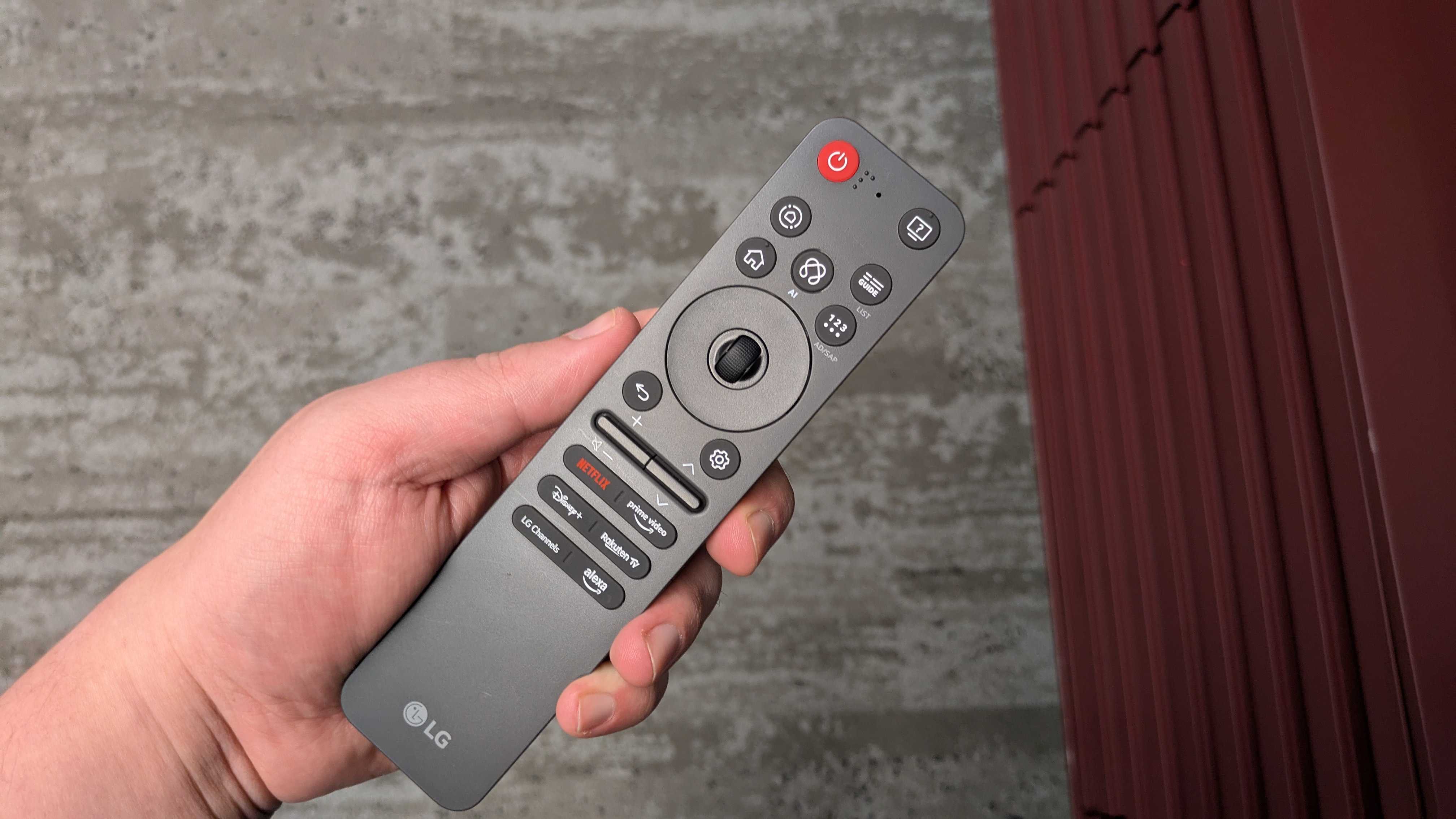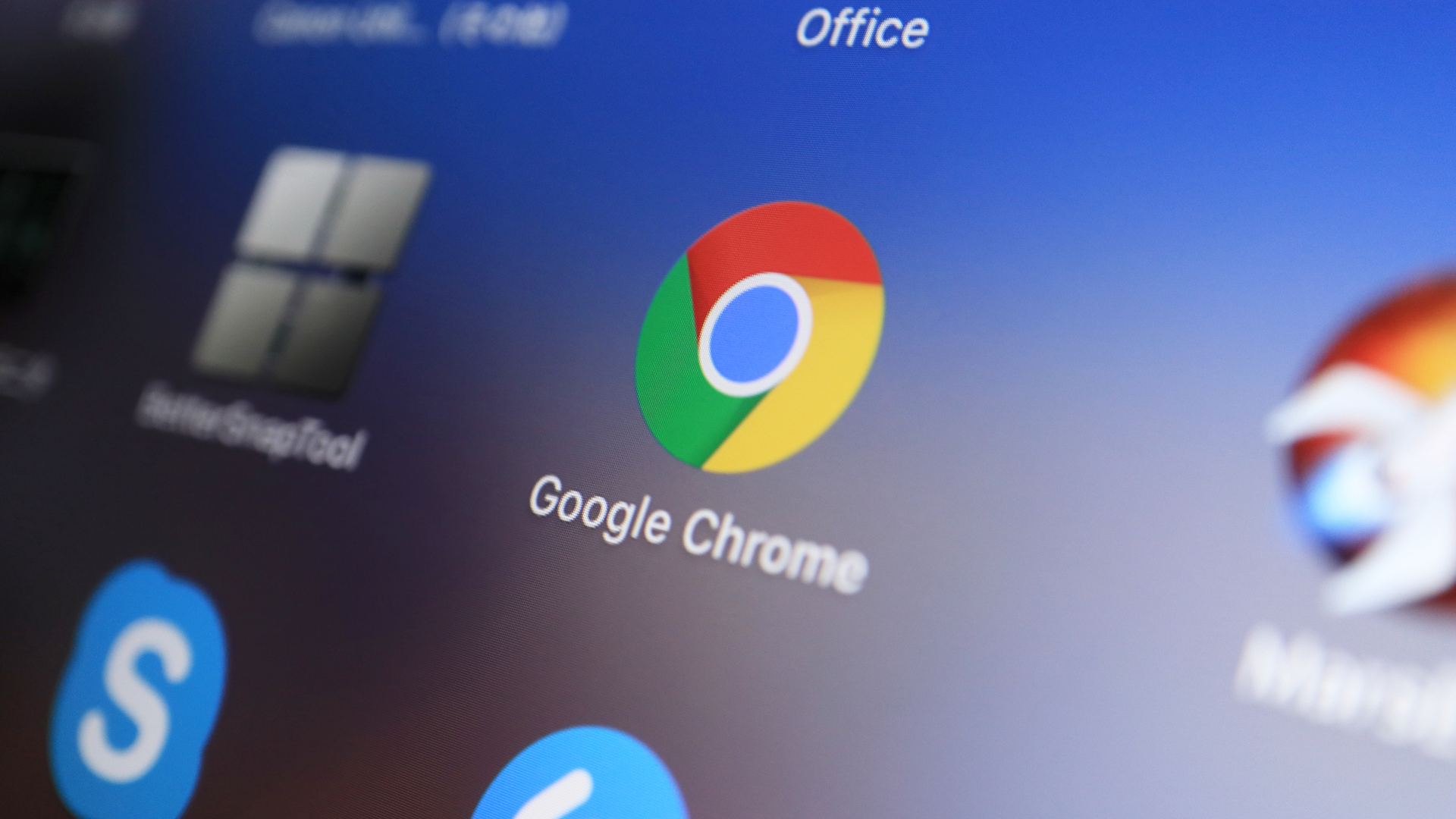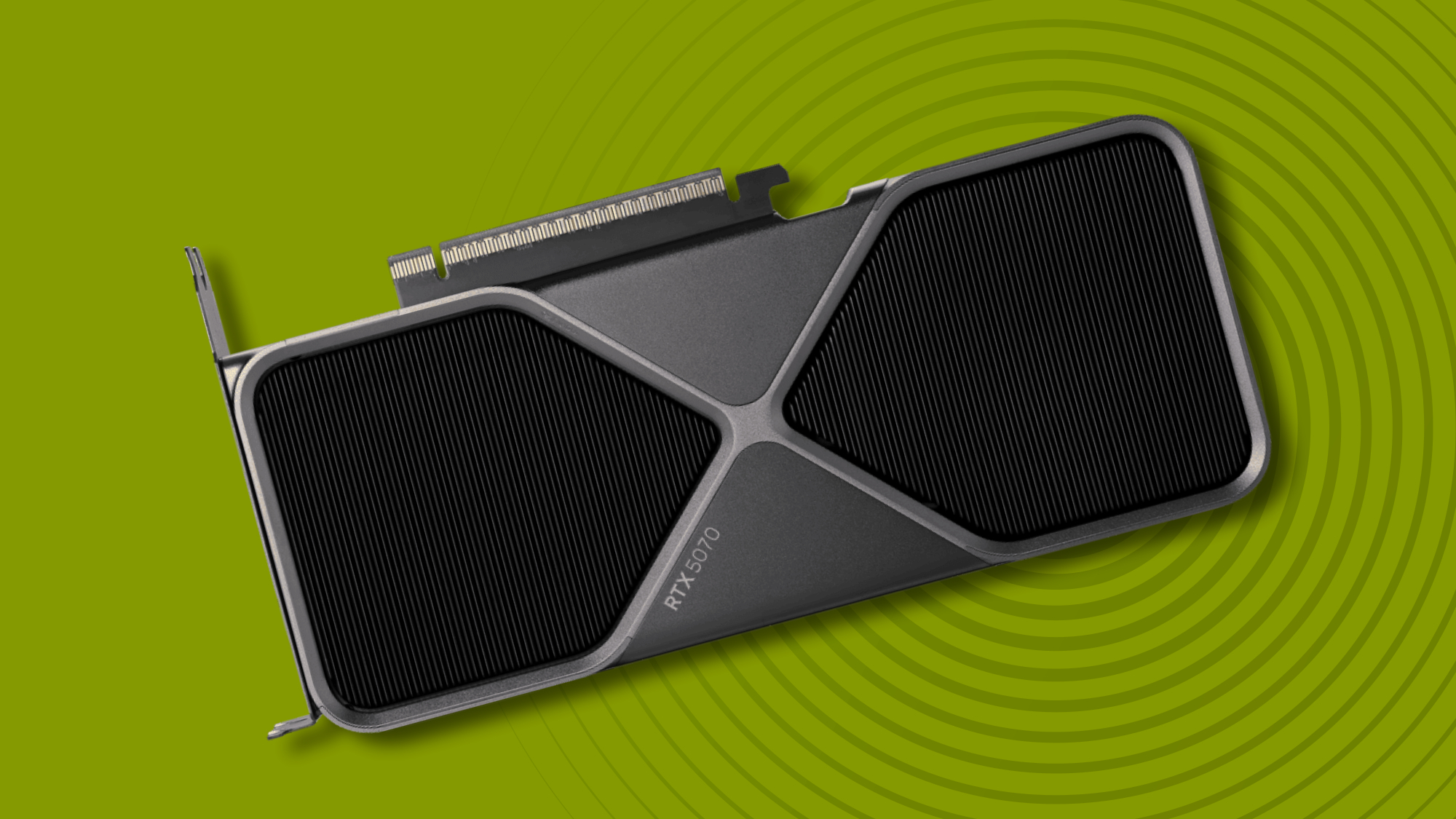Why now Is the time to refresh your PCs for the AI-powered future
Modern PCs with Windows 11 empower businesses to leverage AI tools for unmatched productivity and security.
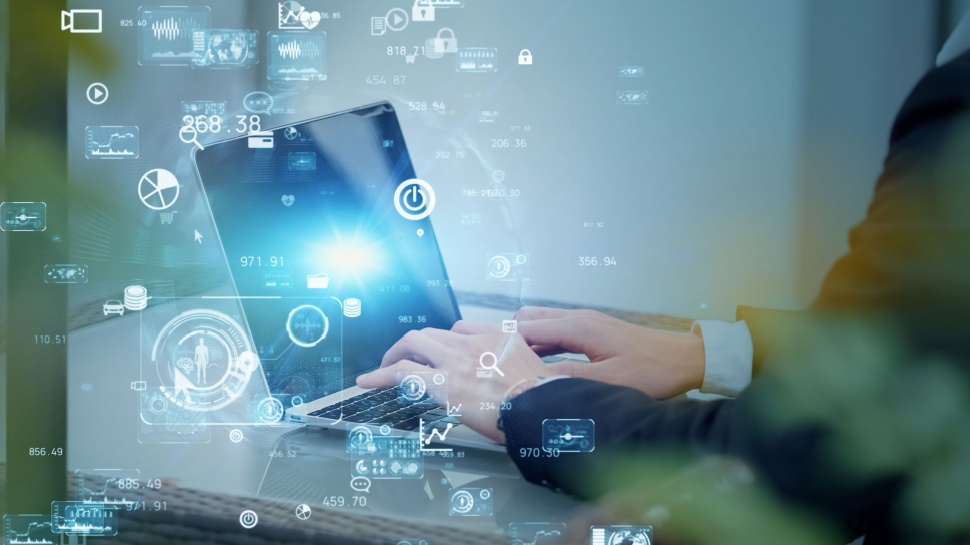
We are at the threshold of a groundbreaking new era – the Era of Intelligence – where technology is no longer just a tool but a catalyst for human potential. This is more than the rise of artificial intelligence; it is the beginning of a future where human ingenuity and machine intelligence merge to unlock unprecedented levels of creativity, efficiency, and innovation.
The way we work is being redefined, shifting from routine tasks to high-impact contributions fueled by AI-driven insights and automation. Enterprise that embraces this transformation will create more dynamic, empowering, and purpose-driven workplaces where people can be more fulfilled and thrive like never before.
As AI-powered experiences—voice interactions, real-time collaboration, automated workflows—become the foundation of modern work, our relationship with technology is evolving. The workplace is no longer confined to desks and screens; it is becoming an intelligent ecosystem that adapts to individual needs.
To fully unlock this potential, organizations need the right infrastructure. Modernizing PC fleets is no longer an option but a strategic imperative. Upgrading to Windows 11 and AI-optimized hardware is not just about keeping up with technology—it is about staying ahead in an era where AI-driven efficiency and innovation define success.
The Future of Work is Intelligent—Your Hardware Must Keep Up
The digital tools we rely on daily, from browsers and productivity suites to collaboration platforms, are evolving to integrate AI. These applications are becoming more adaptive, more intuitive, and more capable of optimizing workflows. However, legacy hardware was never designed to support these intelligent functions, making performance sluggish and limiting AI’s transformative power.
This is where the Neural Processing Unit (NPU) changes the equation. Just as GPUs revolutionized graphics, NPUs are specialized processors designed to handle AI workloads locally, reducing reliance on cloud computing. This shift enables real-time transcription, instant email drafting, and rapid data analysis, cutting hours from routine tasks. Recent Harvard Business School studies indicate that employees using AI tools complete tasks significantly faster and with higher-quality output, transforming the very nature of productivity.
This isn’t just about convenience—it’s about redefining work itself. Developers using AI-powered coding assistants see dramatic efficiency gains, consultants leveraging AI analytics produce more accurate insights, and creative professionals unlock new levels of expression. Without modern hardware, organizations risk missing out on these innovations, leaving employees to struggle with slow processing, frequent crashes, and diminished efficiency.
Security and Stability Built for the Modern Era’s Enterprise
Despite the excitement surrounding AI PCs, misconceptions persist—particularly around security. Many enterprise IT leaders are unaware that AI PCs are inherently more secure than their traditional counterparts. This lack of understanding has created hesitation, even though AI PCs offer some of the most advanced security protections available today.
One of the biggest advantages of AI PCs is their ability to process sensitive workloads locally, reducing reliance on cloud-based computing and minimizing exposure to cyber threats. When coupled with Windows 11’s advanced security features, such as TPM 2.0 and Secure Boot, AI PCs provide a robust defense against evolving cyber risks. At the same time, AI-driven IT management tools automate security monitoring, reducing the workload on IT teams and strengthening enterprise resilience.
The pressure on IT decision-makers is immense. Studies show that nearly 90% of IT leaders cite the rapid pace of technological change as a major source of stress. AI PCs are designed to alleviate this burden by streamlining security protocols, automating routine maintenance, and enhancing overall system stability. Rather than adding complexity, AI PCs simplify IT operations while making organizations more secure and adaptable.
The AI PC Adoption Curve: From Skepticism to Standard
Like any transformative technology, AI PCs are following a predictable adoption curve, though at an accelerated pace. Early adopters—primarily enterprises with well-developed AI strategies—began experimenting with AI PCs in 2024. These organizations, driven by the need for enhanced security and speed, accounted for roughly 8-13% of enterprise IT customers evaluating AI PCs.
As AI-driven enterprise applications mature, the benefits of AI PCs are becoming more apparent. Over the next two years, organizations will begin rolling out AI PCs to power users—developers, analysts, and executives—who rely on AI for advanced workloads. By 2026, AI-driven workflows will be deeply integrated into business operations, and AI PCs will transition from niche adoption to mainstream deployment, making up at least half of all enterprise PC purchases.
However, enterprises are not resisting AI PCs—they are looking for clarity. Many IT leaders need better insights into the tangible ROI of AI investments, while others are working through concerns about implementation costs and security risks. But as AI’s impact becomes undeniable, enterprises will transition from evaluation to action, incorporating AI PCs as a fundamental part of their IT strategy.
From Features to Experiences: Shaping the Future of Work
When IT leaders evaluate AI PCs, they often focus on specifications and features. However, the real transformation lies in the experiences these devices enable. AI PCs are not just about faster processing or better battery life—they are about fundamentally reimagining how people work.
Imagine a world where meetings are automatically summarized, emails are drafted based on conversational context, and data insights are generated proactively. AI PCs enable these seamless experiences, ensuring that workers spend less time on administrative tasks and more time on meaningful, high-value work. Despite this potential, research shows a disconnect: while nearly three-quarters of workers believe that having the right technology is critical to productivity, only 23% feel their company provides it. Bridging this gap is essential.
AI PCs are not just tools; they are catalysts for a new way of working. This shift goes beyond individual productivity—it is about reshaping entire industries, enhancing collaboration, and enabling a more adaptive workforce.
The Time is Now
Upgrading to AI PCs is more than a refresh—it is an investment in the future of work. Enterprises must think beyond the immediate need to replace outdated hardware and recognize the long-term impact of AI-enabled computing. Companies that embrace this shift today will be at the forefront of the intelligent workplace, leading the charge in efficiency, innovation, and security.
Rather than upgrading an entire fleet at once, organizations can take a phased approach, prioritizing power users and high-impact roles for early adoption. A well-planned transition strategy—supported by employee training, clear communication, and the right technology partners—will ensure that businesses maximize the benefits of AI PCs without disrupting operations.
The AI revolution is not a distant future; it is happening now. The question is no longer whether businesses will adopt AI PCs—it is how quickly they will move. Those that take action today will define the next era of work.
We've reviewed the best business computers.
This article was produced as part of TechRadarPro's Expert Insights channel where we feature the best and brightest minds in the technology industry today. The views expressed here are those of the author and are not necessarily those of TechRadarPro or Future plc. If you are interested in contributing find out more here: https://www.techradar.com/news/submit-your-story-to-techradar-pro






